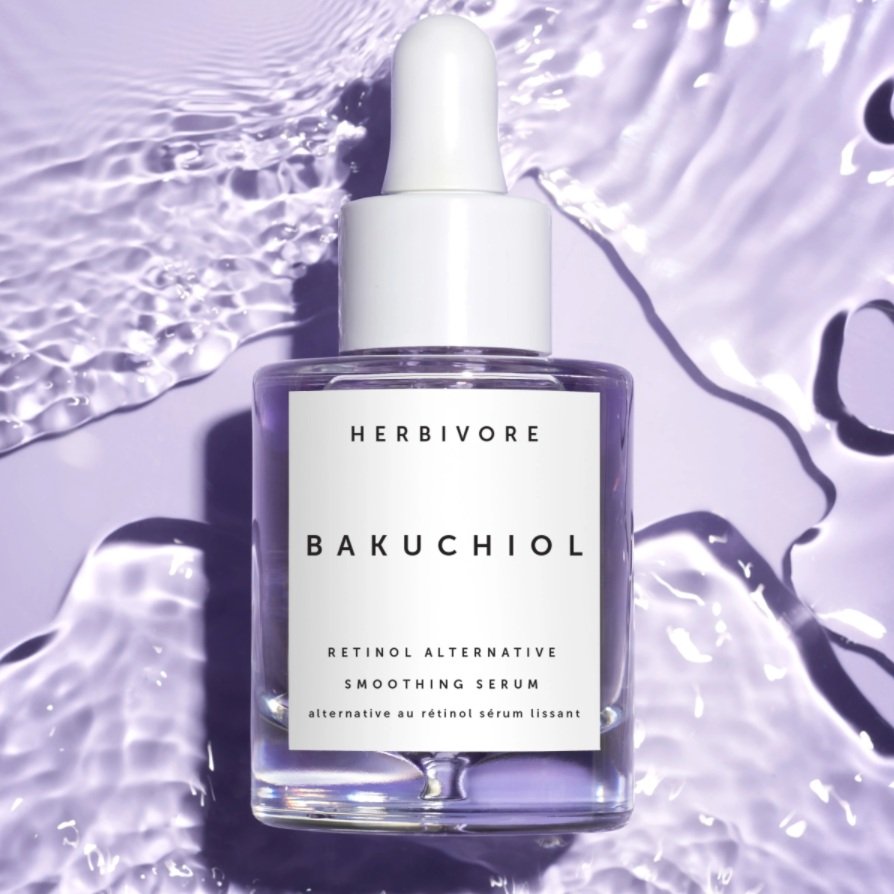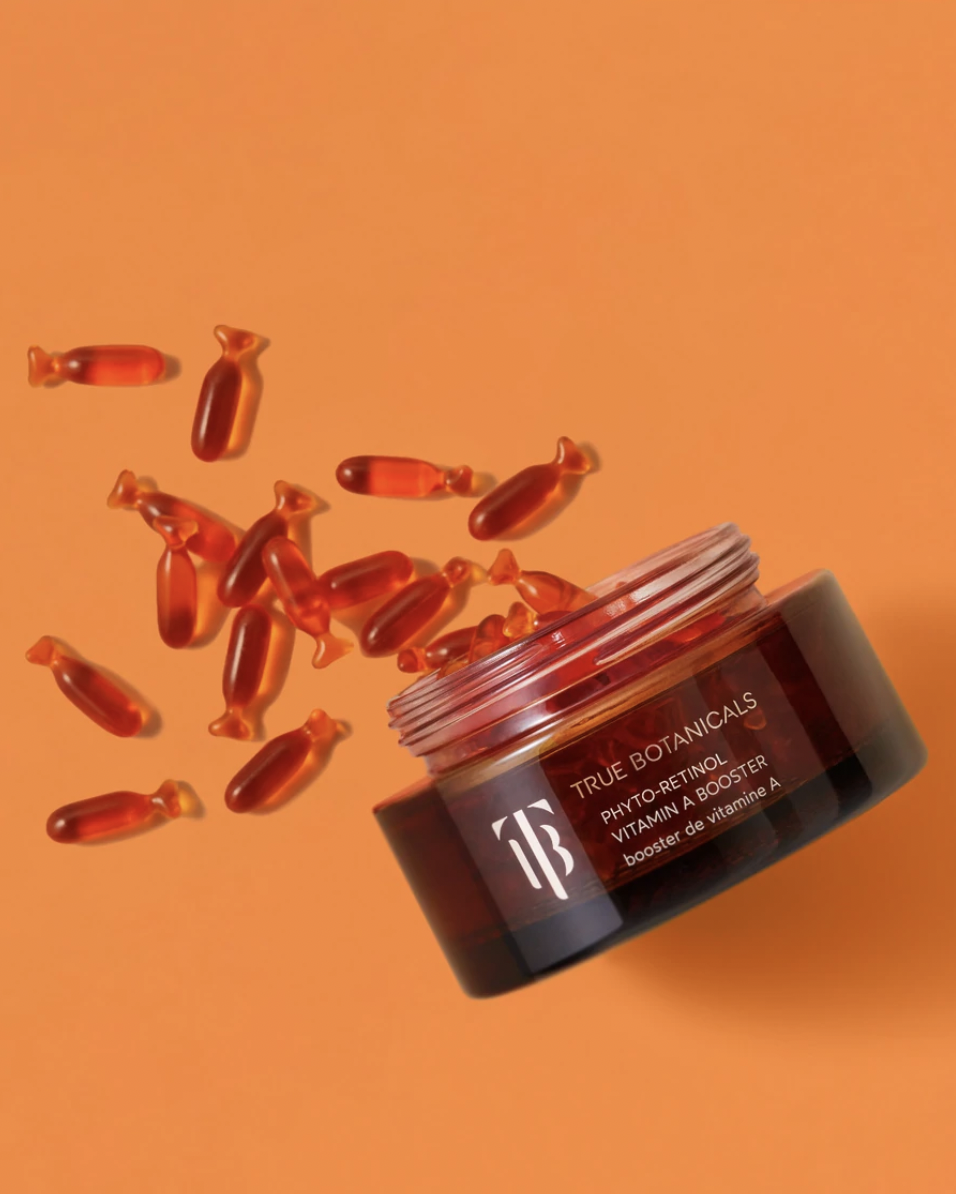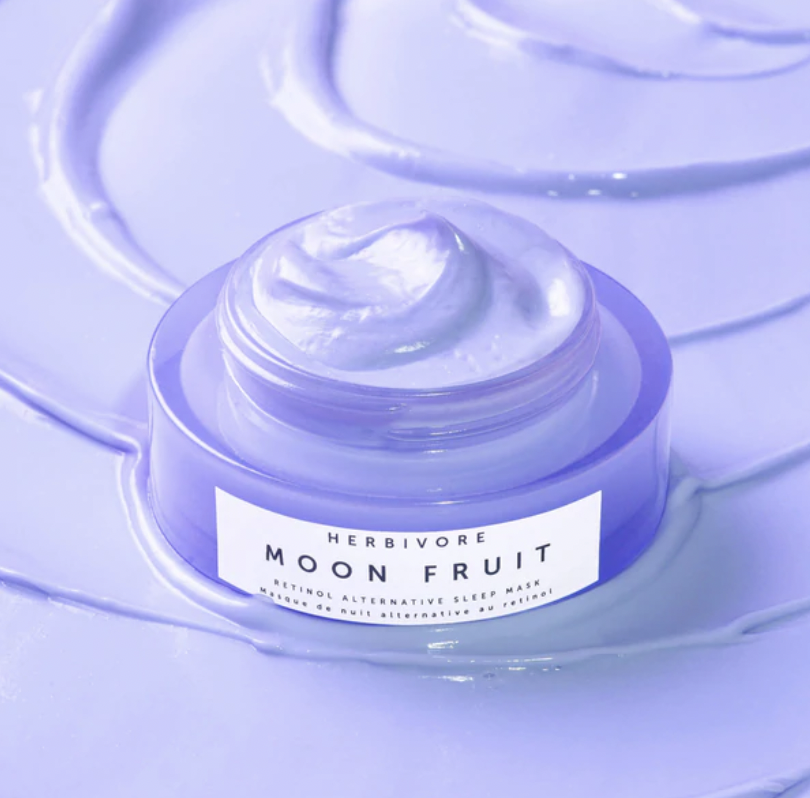To Retinol or not to Retinol, that is the question!
The use of retinol is a little controversial in the clean beauty industry yet it is an ingredient in high demand. When something is said to powerfully slow the signs of aging, rejuvenate your skin AND reduce your acne breakouts, it definitely catches your attention too, right!? So why the difference of opinion? Are there alternatives?
“It is highly antioxidant and therefor, is one of the most anti-aging ingredients!”
What is Retinol?
Retinol, as well as other retinoids, such as retinoic acid and retinyl palmitate, is a synthetic form of vitamin A. The retinol is isolated from the vitamin and often derived from animals. It is highly antioxidant and therefor, is one of the most anti-aging ingredients! Retinol is used in skincare to boost skin elasticity, brighten complextion, stimulate collagen production and increase cell turnover, aka, a strong skin regenerator!
“It’s toxicity rating is 9 out of 10 on EWG and 6 out of 10 on Think Dirty!”
Is it considered unsafe?
Skin regeneration is necessary, but retinol does it at a speed so fast that it can cause side effects such as redness, itchiness, dryness and sometimes even make your skin peel and become flaky. It is also a very unstable meaning that it’s potency decreases the moment your product is in contact with air, heat or light. It oxidizes quickly and becomes of no benefit to your skin. It’s toxicity rating is 9 out of 10 on EWG and 6 out of 10 on Think Dirty! (EWG stands for the Environmental Working Group, rating ingredients based on toxicity levels. Think Dirty is also another amazing similar app.) Retinol rates this high because it is linked to developmental and reproductive toxicity. To me, “linked” means it would be safer to restrain it’s usage. But to each their own interpretation :)
“Both of these options are potent antioxidants, gentle on the skin and it’s microbiom and are considered to be great plant-based retinol alternatives.”
There are natural alternatives!
YES!! Vitamin A is also made of carotenoids and is naturally found in great amounts in many plant oils such as rosehip, sea buckthorn and carrot seed oils. Products containing carotenoids, especially beta-carotenes, will have similar anti-aging properties as retinoids. Bakuchiol is also another option and it’s really hot right now! It is extracted from the Psoralea corylifolia plant and has very similar properties as retinol does. Both of these options are potent antioxidants, gentle on the skin and it’s microbiom and are considered to be great plant-based retinol alternatives.
TRUE BOTANICALS’ PHYTO-RETINOL VITAMIN A BOOSTER
TB’s new baby! This retinol alternative is a Provitamin A Carotenoids derived directly from plants. When applied, your skin transforms the Provitamin into it’s own retinoic acid. It is gentle and microbiome friendly. The individual capsules keep each dose extra fresh and potent to deliver the maximum benefits to your skin! This product fights fine lines, breakouts, dark spots and uneven skin tone.
** True Botanicals offers you 15% off with code “KIMKLEAN”, click here to redeem the offer!
HERBIVORE BOTANICALS BAKUCHIOL RETINOL ALTERNATIVE SERUM
The jelly-like water-based serum is made with bakuchiol to prevent the signs of aging. It is gentle enough for most sensitive skin and it’s smooth texture pairs well with your face tools like your gua sha for example. This product targets dullness, fine lines and dryness. You should also try their new Moon Fruit Retinol Alternative Sleep Mask!
The alternatives to retinoids are definitely my go-to as they are non-toxic and kind to your skin. The results are slower to appear but your skin will be nourished and will definitely thank you! If you really want to use retinoids, start slowly. Use it at night so the sun doesn’t oxidize it and make sure you use a great moisturizer to reduce the risks of side effects. And why not alternating between retinol and bakuchiol every other night?!
Kim xxx


